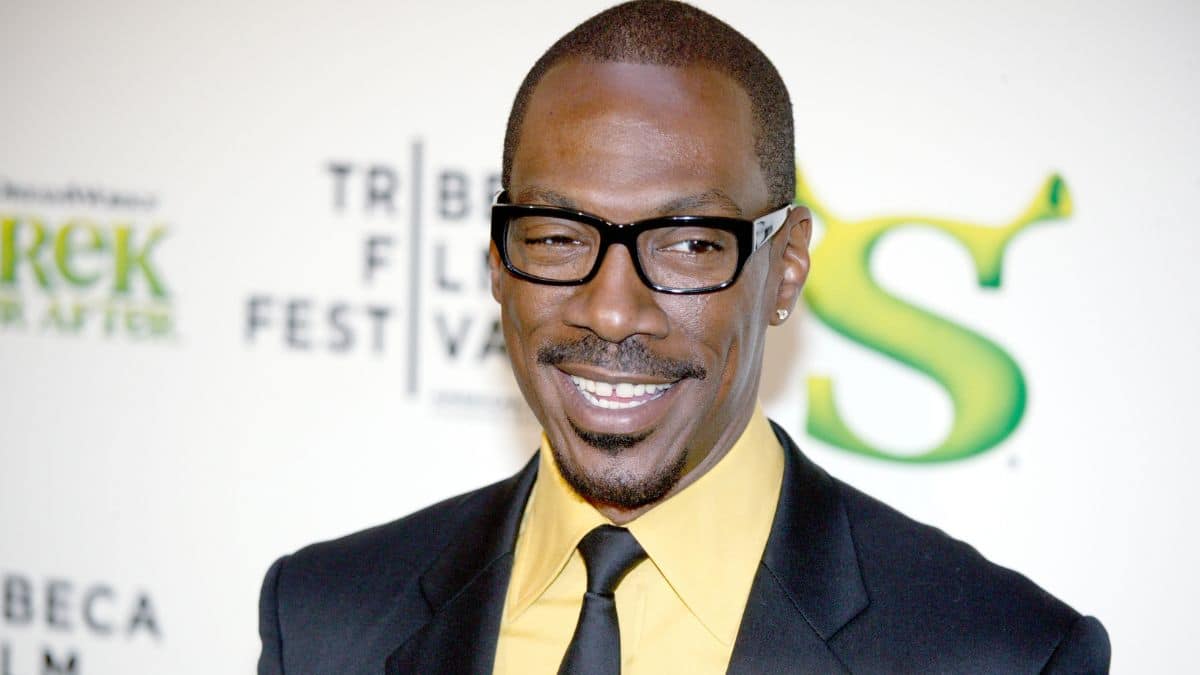In the competitive world of job interviews, certain red flags can arise that instantly disqualify job seekers from consideration, and in this article, we explore 10 of these dealbreakers that can hinder a candidate’s chances of securing the position.
Inconsistent Career Path

An inconsistent career path is a sign that shows the candidate’s uncommitted nature toward the company’s long-term goals. Of course, this is among the red flag that instantly disqualifies a candidate from job interviews based on the premise that the candidate has a history of jumping from one job to the other; this may be a sign of inexperience in any specific field and a lack of motivation to take on challenging jobs which can make it difficult for employees to assess the candidate’s skillsets and capability during the interview.
Over Qualified Applicants

Being overqualified means your skills and experience are more than what’s needed for the job. This can set a terrible precedent within the company, leading to increased turnover, decreased productivity, and sucking out morale among other employees. There is a general belief among interviewers that an overqualified candidate is more likely to leave the company once a better opportunity comes that best fits his skill level.
Missing or Outdated Email Address

Presenting a resume with missing or outdated email address is illogical. Many have fallen for this mistake which shows a lack of attention to detail and possibly the candidate’s inability to align with technological advancement and electronic communication skills. Most interviewers have emphasized this recently, which has formed the basis of their communication with the candidates. Inability to provide one or the updated email version during the interview can be regarded as a red flag that instantly disqualifies candidates from job interviews.
Using “Like” Excessively

It’s unprofessional to overuse the word filler “LIKE” during a conversation in an interview. There are various reasons why this can taint your credibility, such as giving the impression that you are unsure of what you are talking about or that you are not confident of your skillset. Interviewers pay due cognizance to your preparedness for the interview, and one of the main points that show your level is the excessive usage of the word filler “LIKE,” which is a red flag that can instantly disqualify candidates from an interview.
Dodgy Professional References

You can never get away with dodgy and uninformed references that don’t even know that you are looking for a job or you use their contact in your references. Your potential employer might want to know your previous work performance that can not be found on your resume. Your professional references, which are your past coworkers’ contacts, would serve as the metric to validate your claims. The hiring team will communicate with them to learn more about your personality and what you put on your CV.
Shady Portfolio and Work History

Your portfolio or work history best assesses your skills and qualifications. Failure to put in the effort to gather and document your portfolio and work history is a red flag that will disqualify candidates from job interviews. Interviewers are the jury that decides if you are fit or not for the job. A portfolio and work history are the best ways to make informed decisions for each candidate. The inability to provide a standard portfolio and work history can be regarded as many things, including concerns about the candidate’s trustworthiness and gross exaggeration of their skills and experience.
Too Much Talk or Rambling

Rambling or too much talk indicates a candidate’s incoherence, nervousness, and poor communication. This suggests that the candidate is not good at clarifying their thoughts which portray them as a time waster, unproductive person, and lacking in self-awareness. In a company that values conciseness and smart efficiency, the hiring manager will capitalize on this to judge candidates on how well they can organize their notions and convey their ideas. Therefore, any candidate who rambles or talks too much will be instantly disqualified from the interview.
Unprofessional Appearance

An unprofessional appearance not only violates the interview code of conduct but can also have a detrimental effect on your self-esteem, which can significantly affect your performance on the job. The first appearance is essential in all facets of life; coming to an interview while appearing lazy, unkept, and tattered immediately forms a negative opinion in the interviewer’s mind within the first second of setting their eyes on you. This instantly puts you in their bad book and decreases your credibility and fit for the job regardless of what your resume carries.
Not Asking Questions

Not asking questions portrays you as being unprepared. This creates the impression that you are not interested in the job, which can be a frustrating experience for the interviewer. Questions breed interactions and a sense that you delve deeply into the company itself that brought about your curiosity. It also shows your understanding of the job and your willingness to gain more insight from others. Many have faltered by not asking questions during the interview, which has triggered negative reactions from the interviewer that counts as a red flag that instantly disqualifies candidates from the job interviews.
Upfront Demands

No one gets away with unwholesome demands during an interview. It’s illogical to list your demand without first providing a proportional value. Upfront demand is different from asking about the job pay scale. Asking for a designated parking space, vacations, and other specific needs during the interview are the example of upfront demands that suggest the candidate is more interested in what he stands to gain at the expense of getting the job done for the company. Interviewers see that this could spell doom at the end of the road, so they count upfront demand as a red flag that instantly disqualifies candidates from job interviews.
Lost Faith: Celebrities Abandoning Their Roots for New Religions

It’s a really big deal when converting to a new religion, both personally and culturally. When you decide to follow any religion, it is a deeply personal choice and it is one that these celebrities didn’t take lightly.
Reel Remorse: Actors Who Regretted Saying ‘No’ to Career-Defining Roles

Join us as we delve into the stories of talented actors who still carry the weight of their decisions, forever haunted by the roles they let slip away.
Heartbreak and Loss, Celebrities Who Faced the Tragic Loss of Their Children

It is extremely painful to lose a loved one, but when it comes to losing a child, the pain hits even harder and deeper. Things are never the same again. Knowing that there are celebrities who have gone through this, just goes to show that they’re human, too, and they experience awful things just like us.
From Stardom to Starflops: Catastrophic Movies That Obliterated Actors’ Careers

Join us on a bumpy ride through the dark corners of Hollywood as we explore the ten movies that wreaked havoc on the careers of unsuspecting actors, leaving them desperately searching for their next big break.
Boomerisms That Will Fade Away: HILARIOUS Phrases on Their Extinction List

Get ready to laugh as we delve into the world of boomerisms that are bound to disappear, leaving behind a trail of humorous memories and nostalgic chuckles.
